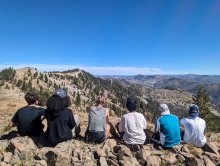
The following article was written on September 1, 2023 by Brett Lofgren, MYP English Teacher.
The Idaho wilderness is not a place where many people feel like they “belong.” The extreme temperatures and steep terrain can make this remote area seem almost desolate and uninhabitable at times. Our crew of 11 students and two teachers certainly felt the strain of surviving in The Frank Church Wilderness. A three-hour drive from the nearest city, carrying our heavy backpacks five miles into a valley, and then hiking off-trail to our campsite gave our troup plenty of time to realize the extent of our isolation. When we woke up to an August frost on the morning of day two, it was clear that we were camping in a harsh environment. Minerva Jarrell (my trip leader counterpart) and I guided our crew of Grade 9, 10, and 11 students through how to survive in harsh conditions: we set up tents, cooked food, caught fish, summited peaks, and discussed the proper way to leave no trace behind. While the outdoor skills required to survive the journey were certainly part of our intended learning outcomes for this expedition, the greatest lesson our students learned was part of an unintended social curriculum.
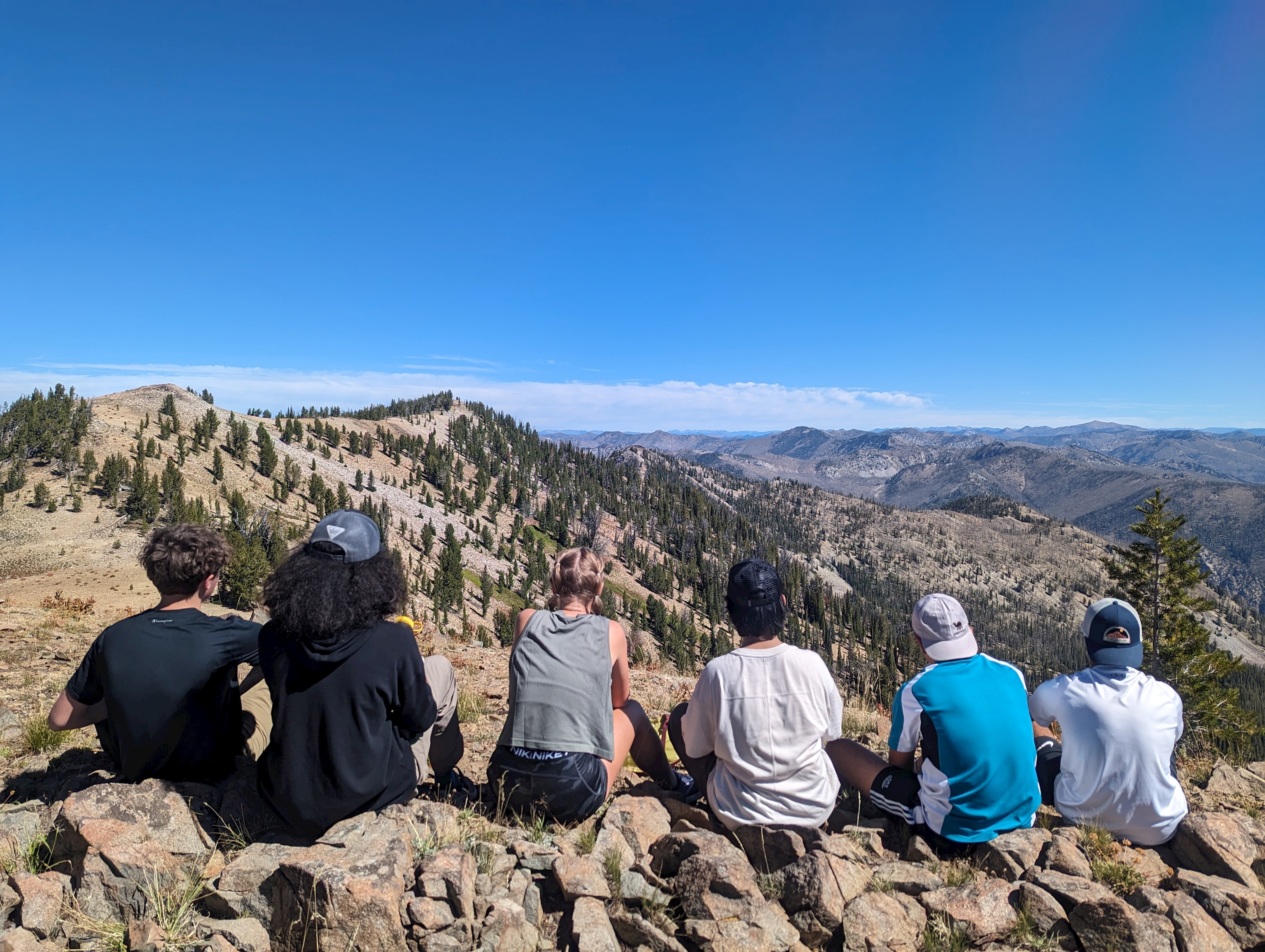
Our fall trip came three weeks into the school year and few members of our thirteen-person group knew each other before departing. We had seen each other in the hallways and met in one pre-trip meeting, but only two of the students had been in my class before. In many ways we were strangers. This became most evident as we started our hike and asked basic questions like, “Are you from Boise?” As we spent more time with each other, we realized that only one member of our expedition was born in Idaho and that we had eight different nationalities represented on our trip: USA, Canada, Mexico, Brazil, Germany, Ghana, Russia, and China. Three of the students had just moved to the country a few weeks prior; we discussed their culture shock extensively.
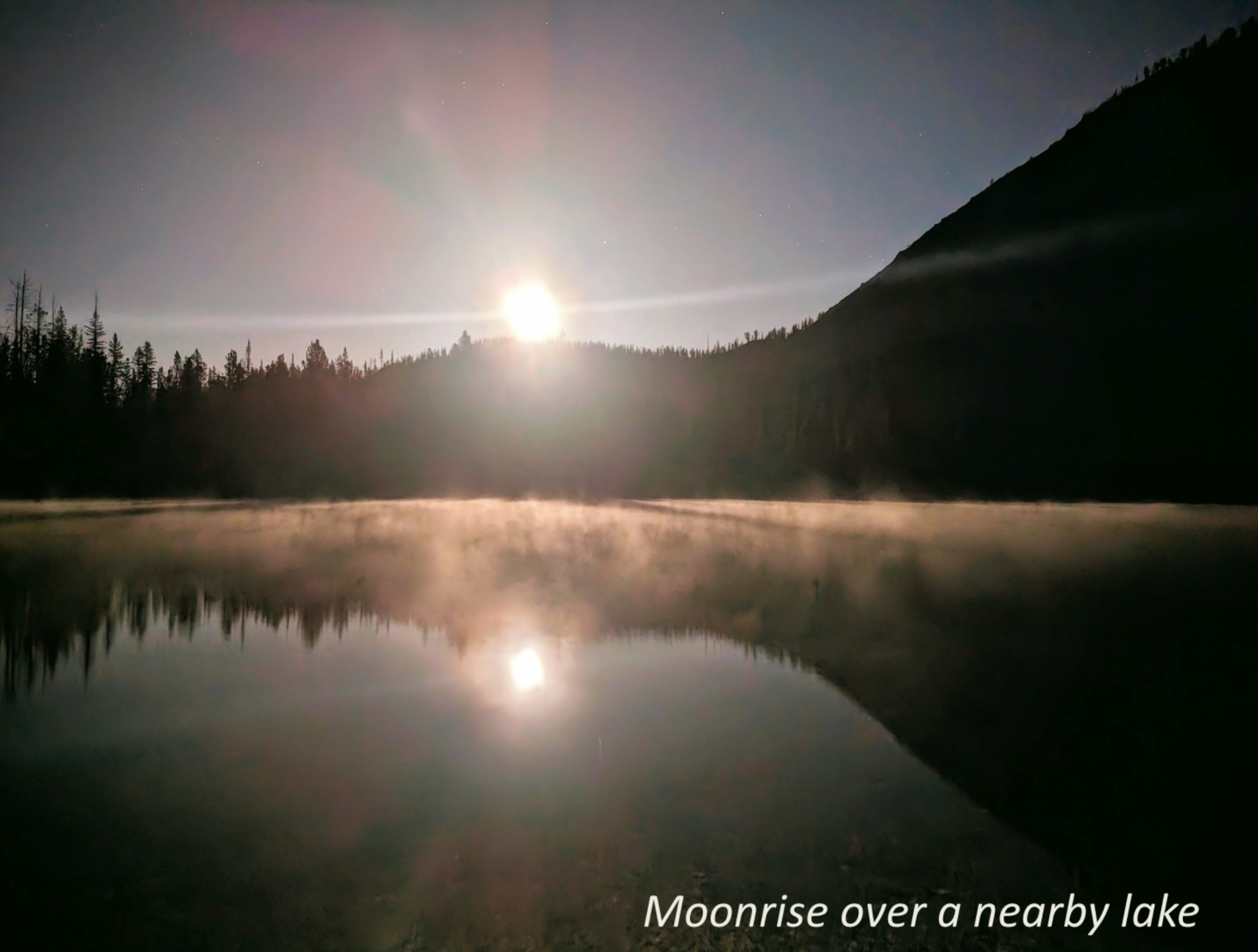
When inexperienced hikers find themselves in the outdoors, it is only normal to question their membership in a group filled with more skilled and more enthusiastic participants. It is easy to witness the discrepancy by analyzing the social media accounts of any outdoors enthusiast. I frequently heard comments and questions that alluded to a hidden insecurity under the surface of many of my students. I am confident that nearly every high school student is on a quest to answer the question “Do I belong?” Studies and research about the racial demographics of outdoor recreation suggest that students of color and international students likely question their belonging on a national or racial level. In Carolyn Finney’s Black Faces, White Spaces: Reimagining the Relationship of African Americans to the Great Outdoors, she claims that as conservationists and outdoors enthusiasts “...articulated, and disseminated conservation and preservation ideologies, legislation was being enacted to limit both movement and accessibility for African Americans, as well as American Indians, Chinese, and other nonwhite peoples in the United States. This included the California Land Claims Act of 1851, the Black Codes (1861–65), the Dawes Act (1887), and the Curtis Act (1898).” Finney goes on to explain that US culture and US Law has historically told foreigners and people of color “you don’t belong.” While US law has certainly changed, our small band of hikers proved that cultural taboos are fading, too.
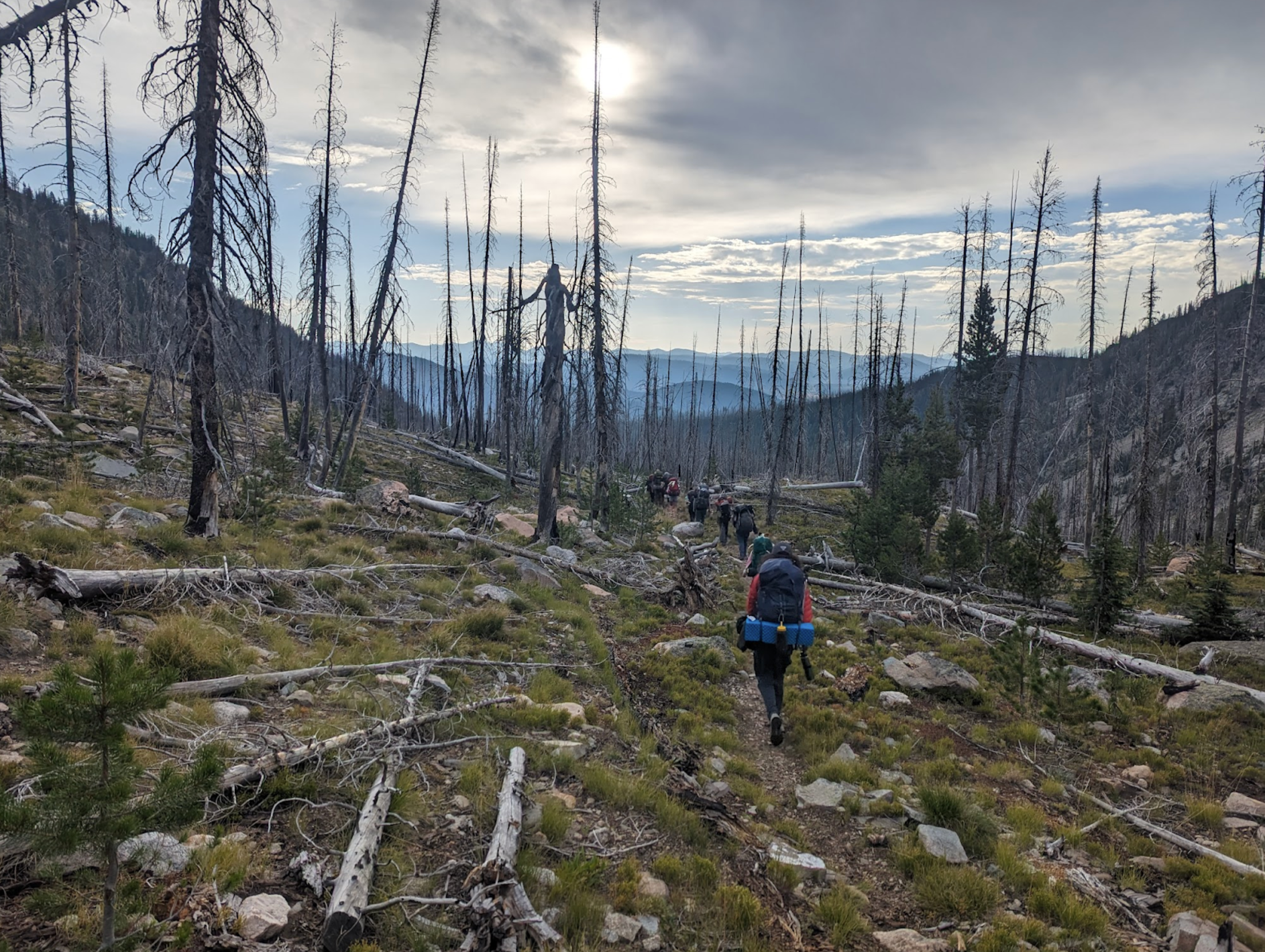
Of all my outdoor trips with students, this set of weary travelers was the most tight-knit and the most diverse– increasingly, those two superlatives seem inextricably linked. As I watched the group get to know each other better, each one of them had an insecurity about their membership on the team and the validity of a claim that they belonged in this beautiful wilderness. Paradoxically, because none of us really belonged, we all seemed to belong together. Some students talked of politics in their home countries, others helped them define new words, we shared foreign dishes and heard unfamiliar words, jokes and stories. This trip benefitted from a diversity tipping point: when a group has enough diverse individual identities, it is easier to form a dynamic and more equitable group culture.
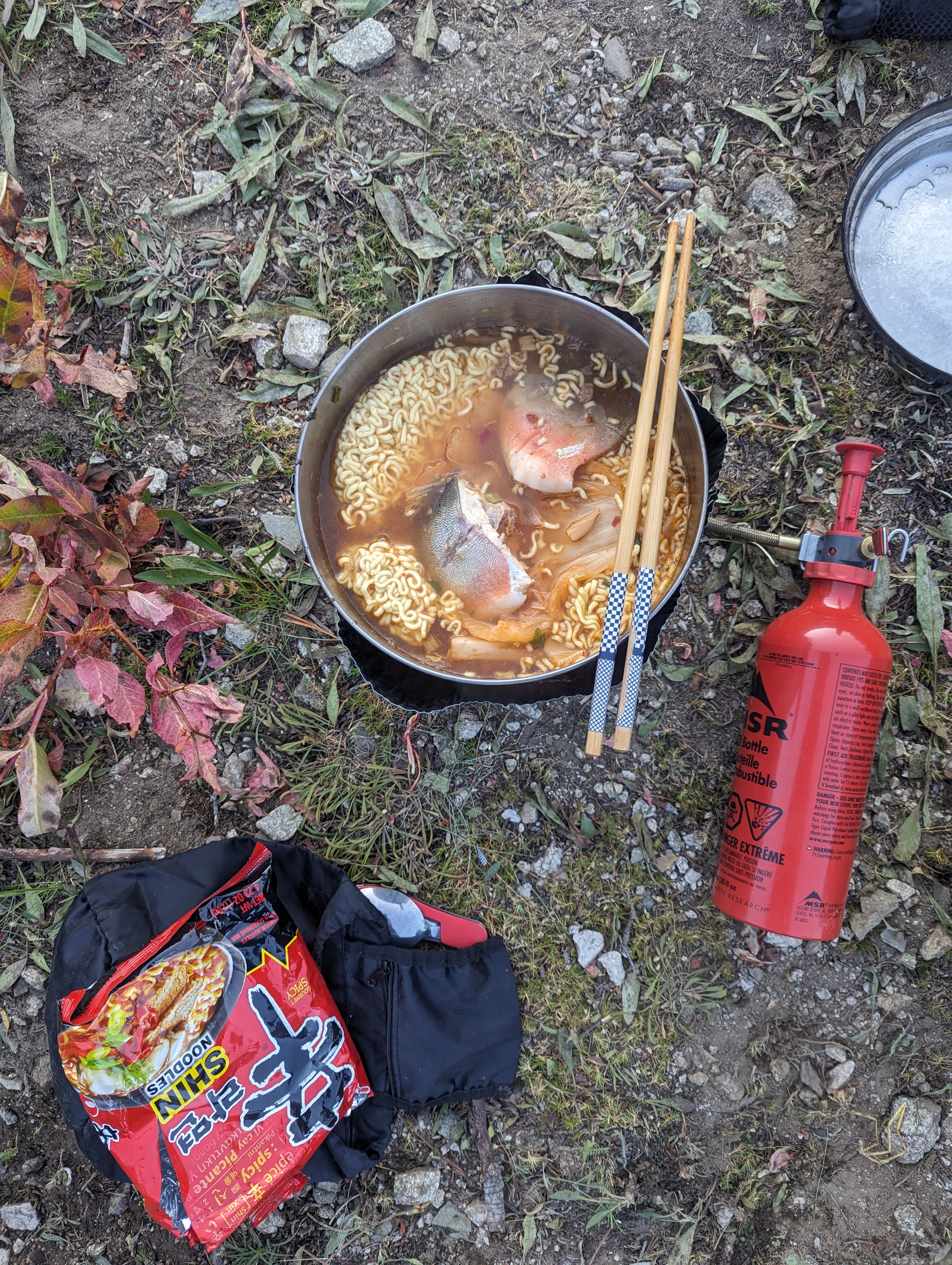


.png&command_2=resize&height_2=85)

















